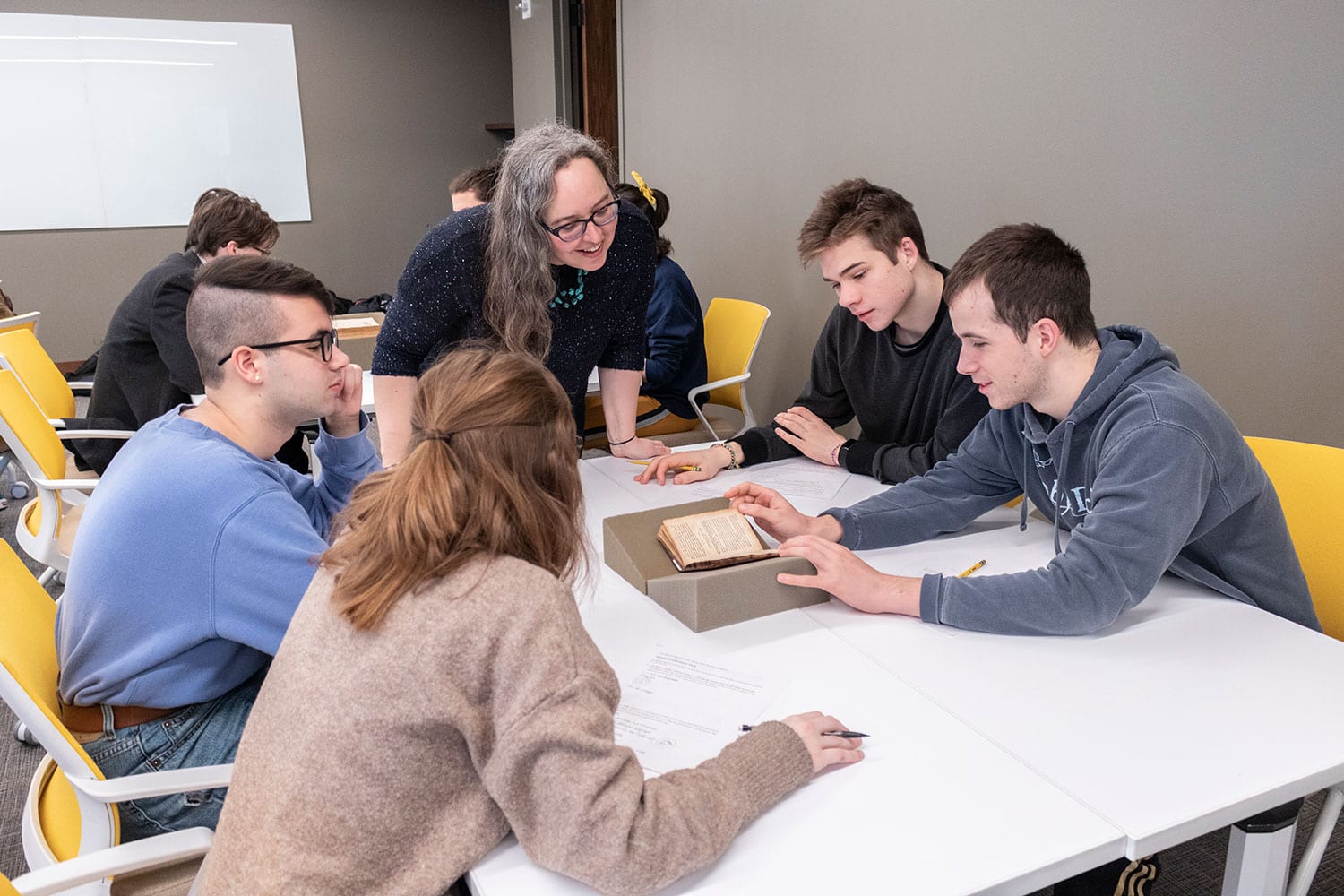Class Name: “Sensing Beyond the Human”
Taught By: Mellon Postdoctoral Fellow and Visiting Assistant Professor of Anthropology Jia Hui Lee
Says Lee:
The course, “Sensing Beyond the Human,” explores human attempts to extend their sensory capacities through robots, sensors, nonhuman animals, and plants, considering how colonialism, race, disability, gender, and surveillance shape the desire to sense beyond the human. Students encounter attempts to explore Mars, deep sea vents, paranormal activity, and dog olfactory capabilities in this course. I hope that students would learn to cultivate critical sensing practices through hands-on workshops that make them sensitive to the environmental and social justice dimensions of how we perceive the world. It is also a great way to engage with research from anthropology, science and technology studies, Black studies, and media studies.
Students not only read about topics explored in the course. They also experience them—with their senses and bodies—through multimedia material and practice. Last week, for example, students participated in a water-tasting workshop. (All workshops are conducted in adherence with campus COVID-19 guidelines.) We discussed that the “tastelessness” of water is always linked to pipe infrastructure, industrial and agricultural policy, water-treatment policies, and racist urban planning. What we think of as the direct experience of tasting water in our mouths is highly political, and depends on key investments in communities, infrastructures, and government oversight.
I wanted to create a space where students can think and sense critically, especially at a moment when so much of our sensory experiences are technologically mediated by screens, algorithms, remote sensing, and surveillance. I curated readings, podcasts, videos, interactive workshops, and virtual museums that provide students with the tools to inhabit and craft a world that is sensorially just and inclusive, as opposed to one based on predictive policing, targeted advertising, or technological fixes that ignore structural racism and inequalities.
Learn more about other courses offered by the Department of Anthropology.





